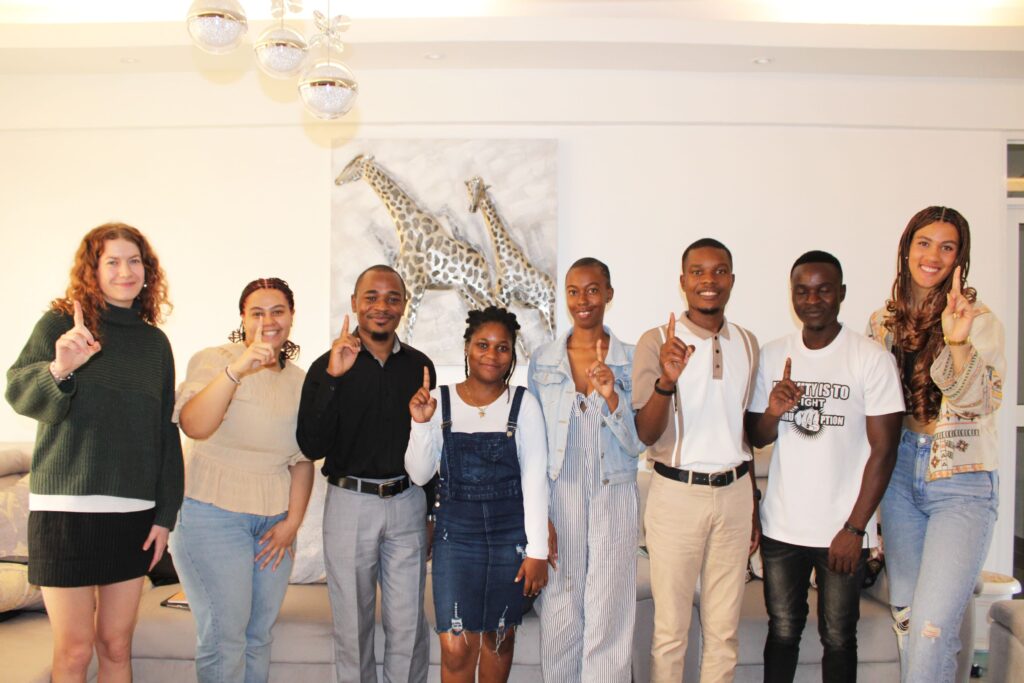The RUVIMBO project team conducted a learning visit to Nairobi, Kenya, as part of efforts to build a safer, more inclusive, and sustainable youth movement in Zimbabwe. The trip focused on four key areas: governance and accountability, feminist leadership, climate action, and activist safety. Kenya was chosen for its active civil society and recent youth-led mobilizations, such as the Gen Z protests, which provided valuable lessons in resilience, community organizing, and grassroots advocacy. Key insights included the importance of Participatory Action Research (PAR), decentralized leadership, inclusive communication, and building safe, empowering spaces for youth engagement.
The visit also highlighted several internal challenges, including limited time for documentation, unclear role distribution, and logistical coordination issues. These challenges pointed to the need for clearer communication, shared responsibilities, and better planning between partners moving forward. Despite these hurdles, the trip fostered strong partnerships, provided new tools and strategies, and reaffirmed the need for youth movements to be community-centered, data-informed, and grounded in care and solidarity.



